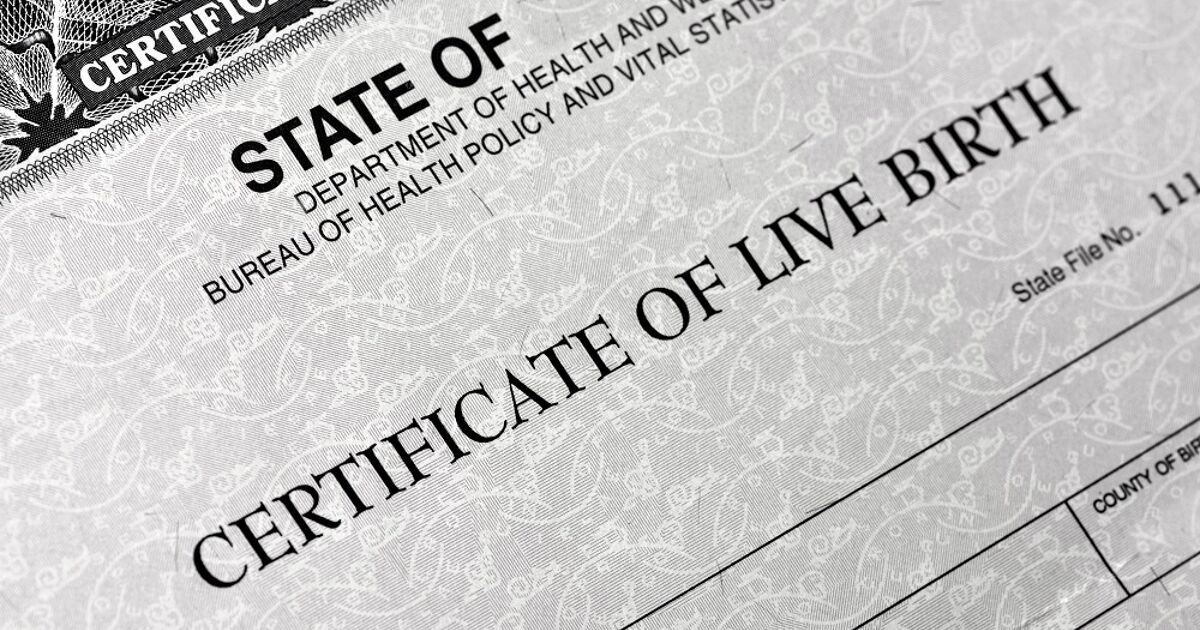
A Montana judge has issued a preliminary injunction on a policy banning trans people from changing the sex markers on their driver’s licenses and birth certificates.
District Judge Mike Menahan wrote in his order on Monday that “if the challenged state actions discriminate against transgender individuals on the basis of their transgender status, they also necessarily discriminate on the basis of sex.”
Related
Montana Supreme Court becomes first in nation to uphold trans access to health care
No matter what the next president does, this protection will remain in place in Montana.
His decision echoes the Supreme Court’s ruling in the landmark case of Bostock v. Clayton County, which determined that workplace discrimination based on sexual orientation and gender identity are forms of sex-based discrimination.
Stay connected to your community
Connect with the issues and events that impact your community at home and beyond by subscribing to our newsletter.
Subscribe to our Newsletter today
The injunction stems from a class-action lawsuit filed by two transgender women against Montana and several state agencies over the government’s anti-trans policies. The plaintiffs argue that the inability to change their gender markers puts them at risk of discrimination and harassment.
The rule was established in 2022 by the Department of Public Health and Human Services (DPHHS) stating that the department would only change gender on birth certificates if an individual’s sex assigned at birth was misidentified or incorrectly recorded. DPHHS officials said they would not change birth certificate gender markers based on “gender transition, gender identity, or change of gender.”
In February 2024, the DPHHS said that any amendments on birth certificates would be subject to the provisions of Senate Bill 458. The bill declares, “In human beings there are exactly two sexes, male and female… The sexes are determined by the biological and genetic indication of male and female without regard to an individuals’ psychological, behavioral, social, or chosen or subjective experience of gender.”
“These two interwoven provisions have incorporated discriminatory definitional principles into Montana law,” the lawsuit states. “SB 458 is scientifically incorrect and improperly seeks to limit the meaning of sex without legal, medical, or scientific justification… sex consists of a complex set of biological, psychological, and social factors, including but not limited to the behavioral or subjective experience of sex.”
Additionally, the plaintiffs accused the state Department of Justice and Attorney General Austin Knudsen of implementing a new rule at the state Motor Vehicle Division (MVD) that revoked a previous policy allowing trans people to change the gender marker on their state-issued identification cards and drivers licenses if they had a letter from a doctor stating that the person seeking the change was in, or had completed, the process of changing their sex.
“After finally being able to live my life openly as the woman I know myself to be, I am frustrated that my birth state, Montana, is forcing me to carry around a birth certificate that incorrectly lists my sex as male,” plaintiff Jessica Kalarchik, a U.S. Army veteran, said in a statement. “I am being forced to use a birth certificate that is inaccurate and that places me at risk of discrimination and harassment whenever I have to present it.”
The temporary injunction comes just one week after the Montana Supreme Court upheld a temporary injunction against the state’s ban on gender-affirming care for trans youth, becoming the first state supreme court in the nation to do so.
Subscribe to the LGBTQ Nation newsletter and be the first to know about the latest headlines shaping LGBTQ+ communities worldwide.